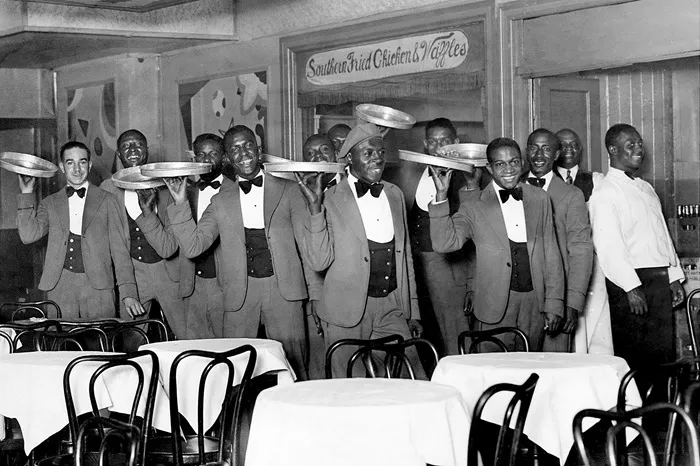February 24 has been a significant day in American history, marked by key events across various centuries. From political developments to cultural milestones, this date has witnessed crucial moments that have helped shape the nation. This article will delve into these events, providing a closer look at how February 24 has influenced the course of American history.
What Happened on February 24 in American History?
1. The First Battle of Kinston (1864) – The American Civil War
On February 24, 1864, during the American Civil War, Union forces under General John G. Foster engaged Confederate troops near Kinston, North Carolina. This battle was part of a series of engagements aimed at weakening Confederate forces in the South. The Union troops faced fierce resistance, but they managed to push the Confederates back, securing a crucial victory. This battle was part of the Union’s larger strategy to control North Carolina and its valuable resources.
2. The Launch of the ‘HMS Resolute’ and the Opening of the U.S. Arctic Expedition (1852)
On February 24, 1852, the British ship, HMS Resolute, launched on an expedition into the Arctic. Although this event itself was British, it had a direct impact on the United States. The HMS Resolute eventually became stranded in the Arctic, and after being found by American whalers, the United States returned the ship to Britain. As a gesture of goodwill, the British government presented the ship’s timber to the United States, leading to the creation of the famous “Resolute Desk,” which has been used by many U.S. Presidents, most notably in the Oval Office.
3. The Birth of George Washington’s ‘Farewell Address’ (1796)
In 1796, President George Washington wrote his farewell address, which was published in newspapers across the nation on February 24. This address was a seminal moment in American history as Washington, the nation’s first president, announced his decision not to seek a third term. In his address, Washington offered advice on the dangers of political factions and foreign alliances, urging the nation to remain neutral in international conflicts. His farewell address has been considered a guiding document for American foreign policy and political culture.
4. The Harlem Renaissance – The Birth of the NAACP’s ‘Crisis’ (1910)
On February 24, 1910, the NAACP (National Association for the Advancement of Colored People) launched its influential publication, The Crisis. Led by W.E.B. Du Bois, The Crisis became a key platform for African American voices and played an essential role in the Harlem Renaissance, a cultural movement that brought African American art, literature, and music into the mainstream. Through its publications, the NAACP advocated for civil rights and highlighted the contributions of African Americans to American society.
5. The Signing of the Treaty of Paris (1783)
Though signed in Paris, the Treaty of Paris officially ended the American Revolutionary War and was ratified by the United States on February 24, 1783. The treaty recognized the independence of the 13 American colonies and established the boundaries of the new nation, stretching from the Atlantic Ocean to the Mississippi River. This treaty marked the beginning of the United States’ status as a sovereign nation and set the stage for future territorial expansion.
6. The Enactment of the Voting Rights Act (1965)
On February 24, 1965, President Lyndon B. Johnson delivered a powerful speech before Congress urging for the passing of the Voting Rights Act. This landmark piece of legislation aimed to eliminate barriers that had been used to prevent African Americans, particularly in the South, from exercising their right to vote. The Act would become law later that year and is considered one of the most significant achievements of the Civil Rights Movement, transforming the political landscape of the United States.
Conclusion
February 24 in American history has seen a variety of events that have shaped the political, cultural, and social fabric of the nation. From pivotal battles during the Civil War to the signing of critical legislation in the 20th century, this date serves as a reminder of how history unfolds through a series of important moments. Understanding these events helps us appreciate the complexities of American history and the diverse factors that have contributed to its growth and evolution.
Related Topics:

